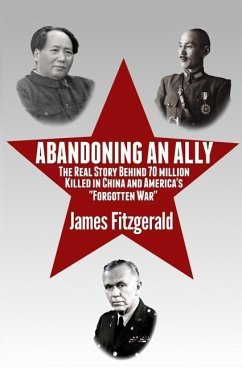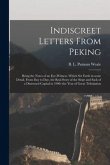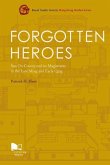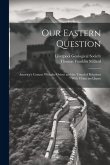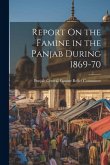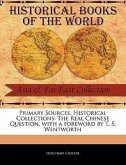As World War Two ended, President Truman recognized "...that Chiang's (China's) government fought side by side with us against our common enemy..." Washington records attest that both FDR and HST pledged vast aid to restore and rearm a devastated China and when Communist insurrection erupted, China urgently requested that promised aid. It was not to be. Two years later, U.S. Ambassador Stuart in China described the situation "America still delays the long promised aid on which survival of democratic institutions depends." And "The Chinese people do not want to become communists, yet they see the tide of communism running irresistibly forward." Ambassador Stuart's reports and other revealing documents have been ignored in material published over the past half-century. There was no vast aid. There was no popular revolt. There was only betrayal. Washington records, incriminating personal papers, archived news reports and Communist records provide the backbone for Abandoning an Ally, its exposure of the China betrayal and the price paid by young Americans. It was Stalin's second attempt to enslave 20% of the world's population. China was first targeted by Soviet Premier Lenin in 1922 and by 1926 Stalin had Russian advisers imbedded in Sun Yat-sen's (Sun Yixian's) fledging Chinese government. When the Soviets incited their Red Chinese comrades to revolt, a young disciple of Sun moved decisively. Chiang Kai-shek (Jiang Jieshi) stifled the uprisings, deported the Russians and outlawed the Chinese Communist party. China's great economic progress through the early 1930s made her less vulnerable to Stalin's plots but threatened Japan's dominance in Asia. Japan attacked, expecting a quick victory but China would not surrender. Chiang's Army tied down and bled the Japanese Army for three long years before America entered WW2. Meanwhile, Stalin's Asian plotting was interrupted when ally Hitler turned on his Soviet partner. Suddenly, Russia fought for survival and Moscow had no resources for the subversion of China. However, International Communism was thriving. This was an era President Dwight Eisenhower defined as "harrowing decades that partly poisoned our national life." Disciples in the west eagerly took on the Red mission. Their obstacle: full support of China by emerging world super power U.S. would render China invulnerable to Communist overthrow. The only tactic available was the "Big Lie." Propaganda poured forth sanctifying the avowed terrorist who would soon enslave hundreds of millions. Despite his early advocating and use of terror, Mao Tse-tung (Mao Zedong) was acclaimed the "Enlightened leader of agrarian reformers," "The Great Teacher," "The most selfless man ever encountered." Conversely, his opponent, the head of China's government, who rose from defeat and founded a thriving democratic nation, was demonized as a cruel, corrupt despot. A 180 degree character reversal, but the enablers were skilled communicators unhampered by ethics, and their anointed one, Mao, was a master propagandist. The key American in Communism's China strategy was a desk soldier with a talent for impressing politicians and collecting unearned accolades. A peculiar, aloof individual who exhibited less than full commitment to the war effort and consequently lost authority as WW2 progressed. At wars end, a new U.S President awarded him authority over U.S. - China relations. The indifferent conference room warrior of WW2 found new levels of commitment and sacrificed all ethics in order to seal China's fate. Dwight Eisenhower said we will never forget the "Harrowing decades that partly poisoned our national life." But until now, a half century later, the betrayers responsible for the death of tens of thousands of Americans and tens of millions of Chinese have been protected by a pervasive, drastic distortion of documented history. The victims of history's deadliest betrayal deserve a tru
Hinweis: Dieser Artikel kann nur an eine deutsche Lieferadresse ausgeliefert werden.
Hinweis: Dieser Artikel kann nur an eine deutsche Lieferadresse ausgeliefert werden.

